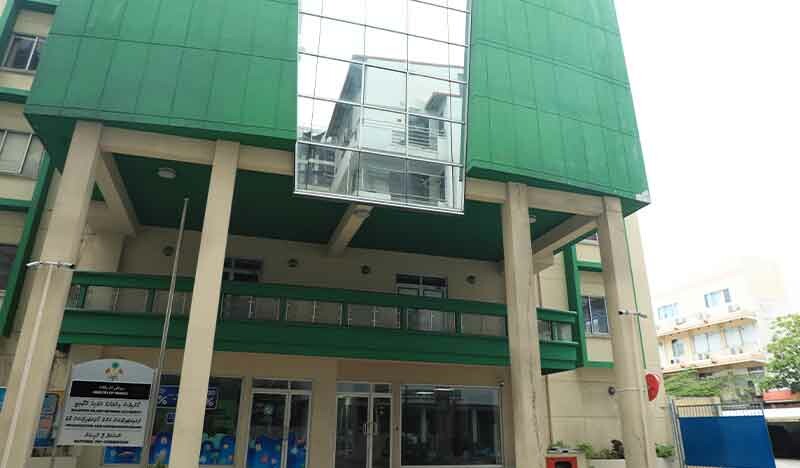Maldivian Sukuk Bonds Plunge to Record Low Amid Default Fears

Maldivian Sukuk bonds, initially considered a stable investment, have seen a dramatic fall in value from 93 cents to below 70 cents on the dollar, a record low as fears of a potential default escalate.
This sharp decline has made the Maldivian Sukuk the poorest performer in the Bloomberg Emerging Markets Sovereign Total Return Index for the month.
A Sukuk is a type of Islamic financial certificate, similar to a bond in conventional finance, that complies with Shariah. Unlike traditional bonds that represent a debt obligation, Sukuk represent partial ownership in a tangible asset, project, business, or investment. Because charging or paying interest is prohibited under Islamic law, Sukuk offer returns to investors in the form of profit-sharing or rent generated from the underlying assets.
This structure has made Sukuk popular among investors seeking ethical and Shariah-compliant financial products. However, the recent decline in the Maldives’ Sukuk prices has raised concerns, as a default would challenge the perception of Sukuk as a secure and low-risk investment instrument.
Bloomberg reports that there has been a significant increase in the number of investors seeking to offload their Sukuk holdings. Danske Bank’s portfolio manager, Soeren Moerch, explained that they had offloaded most of their Sukuk bonds earlier in the summer when it became clear that the Maldives’ foreign exchange reserves were dwindling. “Since then, the situation has become significantly worse,” he remarked. As of June, the country’s foreign reserves had decreased to USD 395 million, of which only USD 45 million is deemed usable.
Adding to the pressure, the Bank of Maldives (BML) recently introduced new restrictions on dollar transactions, further limiting access to foreign currency.
Despite increased tourism revenue, a crucial lifeline for the Maldivian economy, the heavy reliance on imports for essential goods has depleted reserves. Bloomberg noted that the country’s fixed exchange rate with the U.S. dollar has also contributed to ongoing challenges.
Last week, Fitch Ratings downgraded the Maldives’ credit rating from CCC to CC, citing the increased likelihood of default as the country faces mounting foreign debt repayments.
The Maldives faces a series of critical debt repayments, including a USD 25 million coupon payment next month, with additional payments of USD 50 million due in 2025 and USD 25 million in 2026. The looming payments have heightened investor concerns, as the country’s foreign reserves may not be sufficient to meet these obligations.
The Maldivian government is currently seeking external financial support to avert a default. Efforts are underway to secure a USD 400 million currency swap with the Reserve Bank of India, and the country is exploring the option of selling a green bond to raise much-needed funds.
As the October payment deadline approaches, investors are closely watching whether the Maldives will secure foreign currency assistance to avert a default. Sukuk is generally considered a secure investment, and defaulting on such bonds would be unprecedented. If the Maldives fails to meet its obligations, it could become the first country ever to default on Sukuk debt, marking a significant event in Islamic finance.







